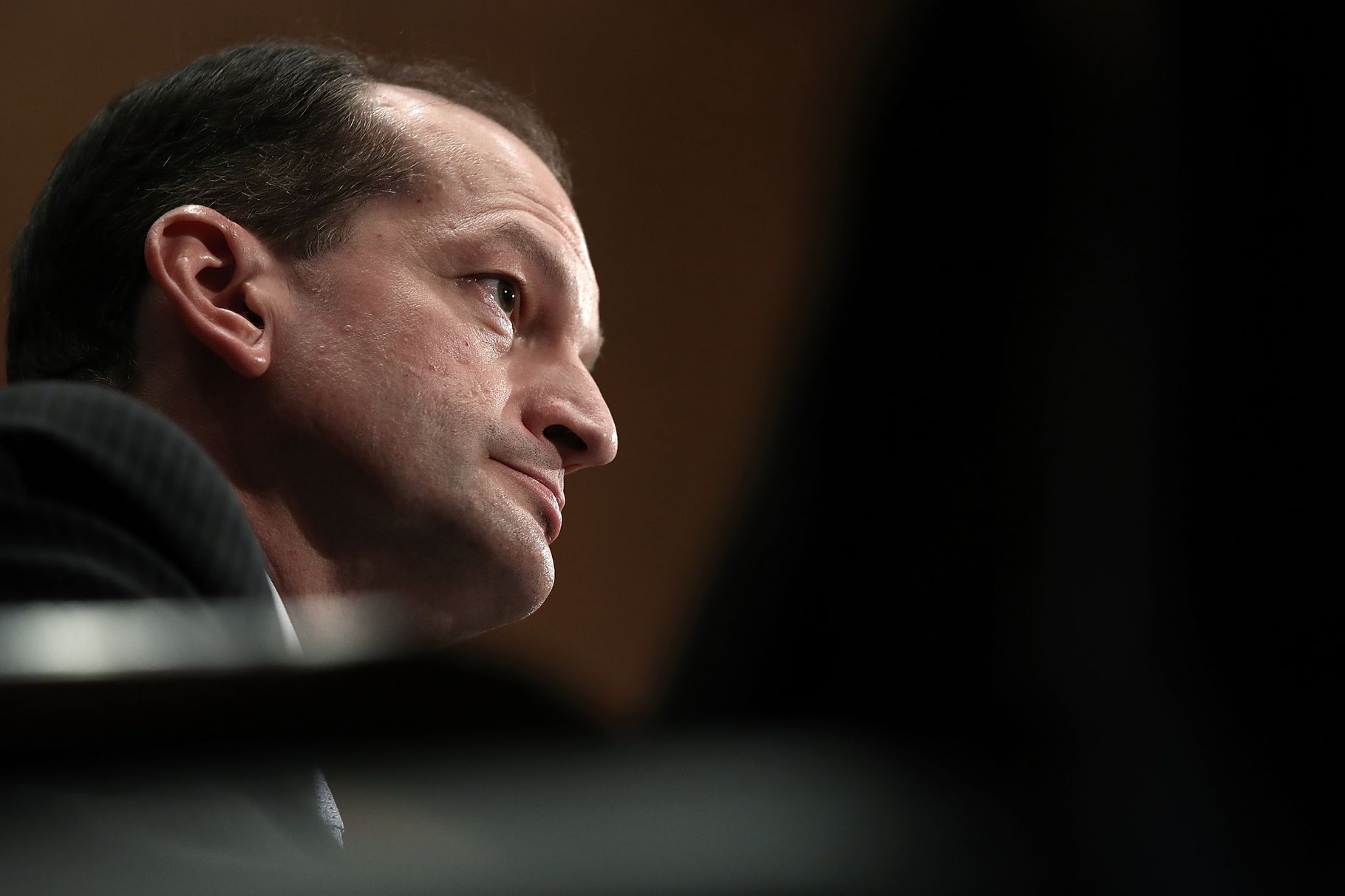Trump Administration Won’t Block Obama-Era Consumer Protection Rule

The U.S. Department of Labor announced this week that the “fiduciary” rule will go into effect as planned within the month. What does this mean for consumers? Rebalance Managing Director Scott Puritz explains in this informative piece for Vox.
In a new op-ed for the Wall Street Journal, Labor Secretary Alexander Acosta announced that he will allow key Obama-era regulations designed to protect individuals from unscrupulous financial advisors to go into effect. That’s surprising because the Trump administration had previously signaled that it wanted to roll back the rule.
Because the regulations were finalized in the final year of Obama’s second term, they haven’t actually gone into effect yet. Key provisions are scheduled to take effect on June 9, and critics hoped that the Trump administration would push back that effective date as it works on a plan to repeal the rules outright. But Acosta now says he has found “no principled legal basis to change the June 9 date.” It takes a year or more for an administrative agency to change this kind of rule, and the Trump administration hasn’t had time to do it.
The Obama regulations require financial advisers to follow the fiduciary rule, a legal standard that means advisers have to always offer advice that’s in the best interests of their clients. Right now it’s completely legal for an adviser to steer clients toward financial products that pay big commissions to the adviser — even if that means the client will get a lower rate of return on his or her investment.
The new rules that take effect next month require advisers to disclose this kind of conflict of interest, and they open them up to lawsuits if they took a commission after giving bad advice. To avoid lawsuits, many firms may shift to a model where they charge customers directly rather than taking commissions from mutual fund companies.
“When consumers are not fully informed about the potentials for conflict of interest or hidden fees, the amount they pay for retirement investment goes way up,” argues Scott Puritz, an investment adviser at the firm Rebalance who has testified in favor of the Obama approach.
Of course, many of the companies earning those hidden fees hated the proposal when the Obama administration started working on it a few years ago. A common argument has been that it would result in many middle-class consumers being unable to get financial advice at all. Earlier this year, the Trump administration picked up this banner, suggesting that getting possibly conflicted advice is better than getting no advice at all.
But Puritz says the political landscape has been shifting over the past year, with major industry groups opposing the rule less vehemently than they did in the past. One big reason for this is that big financial services companies like Merrill Lynch, Morgan Stanley, and Wells Fargo have already spent millions of dollars revamping their investment products in anticipation of the new rules taking effect. While most of these companies lobbied against the rule initially, they’ve become more ambivalent about it now that they’ve done most of the hard work required to comply with it.
All this means that the Obama rule could wind up having a big impact on the industry even if the Trump administration ultimately repeals it in a year or two. And in his Wall Street Journal piece, Acosta is surprisingly equivocal on whether the rule will be repealed, writing only that it “may not align” with Trump’s goals.
“It is important to ensure that savers and retirees receive prudent investment advice, but doing so in a way that limits choice and benefits lawyers is not what this administration envisions,” he writes.
All of this suggests that Acosta may be envisioning incremental changes to the Obama administration rules rather than full repeal.






